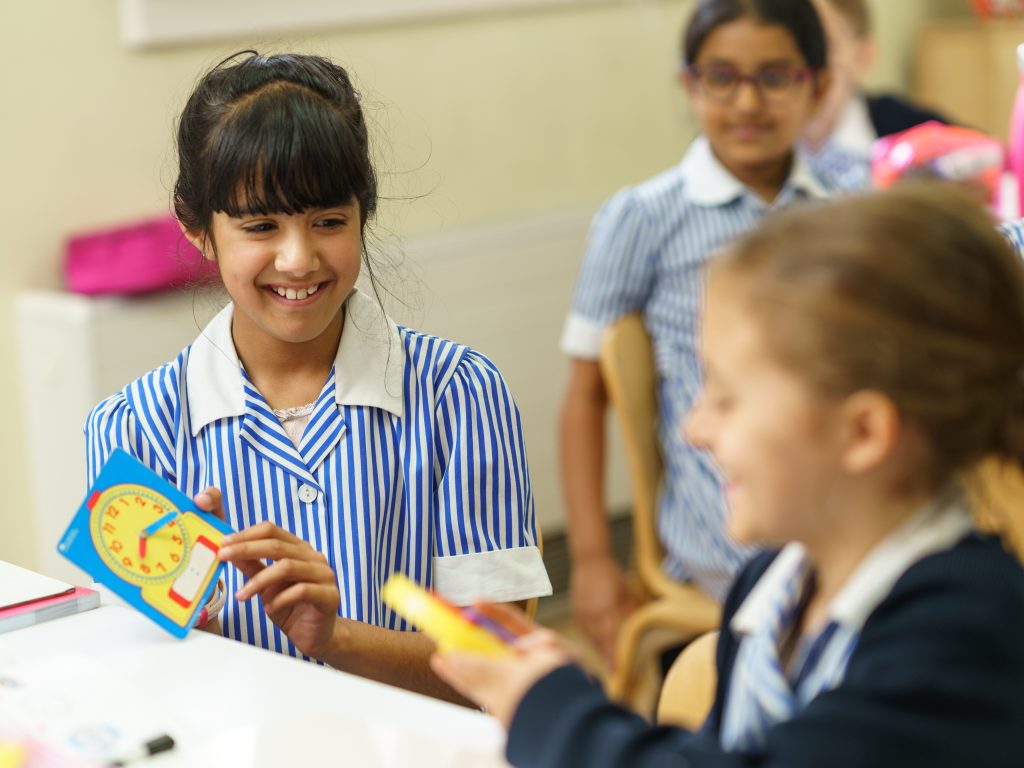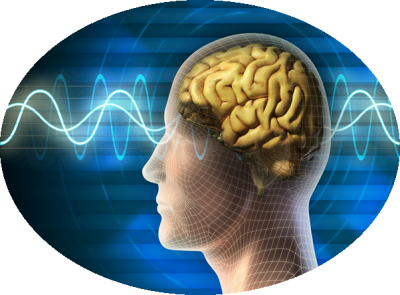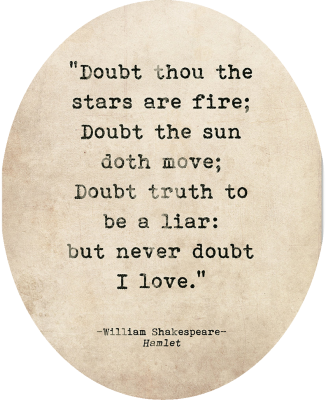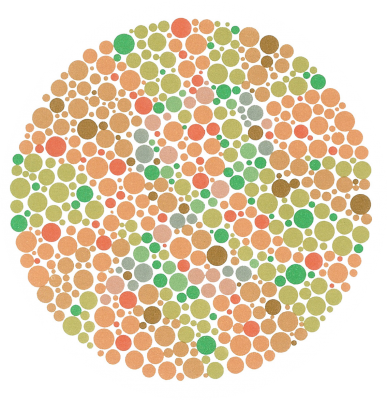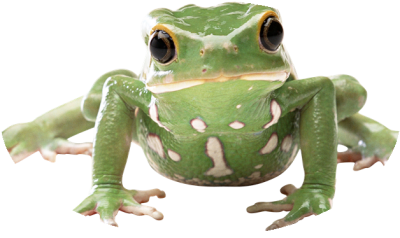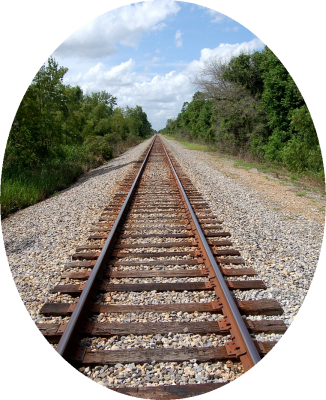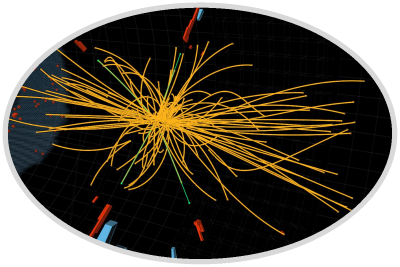The Week of Monday 28th November
Yet another wonderful extra-curricular events for those in Priory 6 (and their families) for the week commencing Monday 28th November, with links attached. Prepared by Mr Salmon, they cover topics as diverse as human rights decapitated frogs and astronomy.
Monday 28th November
Consciousness Debate: 7.00pm, RI. Cheap.
http://www.rigb.org/whats-on/events-2016/november/public-whats-the-use-of-consciousness
Tuesday 29th November
Stemming the tide of allergies: 6.30pm, SCI (Belgrave Square). Prof Gideon Lack. Very student friendly. Book. Free.
https://www.soci.org/Events/Display-Event?EventCode=MAC041
Is Hearing Believing?: 5.45pm for 6.15pm. UCL Chemistry Dept. Seeing and hearing allow us to make sense of the world around us, but should you always trust your brain’s interpretation? Our brains process hundreds of sensory inputs at once, but only recently have we discovered how much our sensory systems interact. In this talk we will consider how the brain makes sense of sound and how what you hear is integrated with what you see. Dr Jennifer Bizley, UCL. Student friendly! https://www.soci.org/Events/Display-Event?EventCode=SLON291116
Wednesday 30th November
Shakespeare’s Astronomy: 6.00pm, Gresham College at MOL. Professor Michael Rowan-Robinson; good speaker. Amongst all his astronomical allusions, Shakespeare demonstrates a deep knowledge of the night sky and its movements. Although he gives the conventional view of his age that astronomical events offer portents for human affairs, his characters sometimes take a sceptical view, and there are hints that he was aware of the new Copernican world-view that was taking hold during his lifetime.
http://www.gresham.ac.uk/lectures-and-events/shakespeares-astronomy
Colour Vision: 6.30pm, 1830 IOP; Free, need to book. Friendly.
Although we perceive a seemingly endless variety of hues, the first stage of human colour vision is relatively simple, since individual photoreceptors are blind to colour and generate a univariant signal that depends solely on the number of photons that each absorbs. The existence of three different daytime cone photoreceptor types with distinct spectral sensitivities means that human colour vision is a three-variable, trichromatic system, such that colour matches can be defined by just three numbers.
http://www.iop.org/activity/branches/south_east/lse/calendar/index.html#/?i=1
New Drugs for Old Diseases: 5.30pm, Imperial College. Explore new treatments for traditional ailments such as malaria, the common cold, and a greasy hedgehog at the inaugural lecture of Professor Ed Tate.
The link between resilience to climate change and earthquake preparedness: 6.00pm, Institution of Civil Engineers. Friendly bunch. Is the threat of climate change exacerbating earthquake events? How will the seismic isolators behave in increasing water table? Are we expecting more slope failures?
https://www.ice.org.uk/events/link-between-climate-change-and-earthquakes
Thursday 1st December
The Curious Case of the Decapitated Frog: 6.00pm, Gresham at Barnard’s Hall.
Professor A Klein. In 1853, the German Physiologist Eduard Pflüger published the first in a series of startling experiments on living, decapitated frogs. Well, it is different…….
http://www.gresham.ac.uk/lectures-and-events/the-curious-case-of-the-decapitated-frog
Human Rights: 6.30pm, 1830 King’s College.
http://www.lse.ac.uk/publicEvents/events/2016/12/20161201t1830vSZT.aspx
Christmas lecture: The Future of Rail: 6.00pm, ICE. Free. Book. Professor Andrew McNaughton, London. Professor Andrew McNaughton, Technical Director of HS2 Ltd, started his career as British Rail trainee and is now the senior engineer on the largest new rail project in Britain. He will provide an update on the project and the priorities at this stage in its development as well as reflecting on his career as a railway civil engineer.
https://www.ice.org.uk/events/christmas-lecture-high-speed-2-London
The Periodic Christmas Dinner: 6.30pm, Royal Society of Chemistry. Free. Book
‘The periodic table is the very symbol of chemistry, its carefully organised list of the elements make up the very world around us. And you’d be amazed at just how many of them crop up during a Christmas dinner. During this demo packed show we’ll see just how many you can spot. Keep your eyes peeled and tick off the elements that we interact with on your periodic bingo cards. Then afterwards we’ll show you how to perform some of our favourite dinner table demos so you can deploy them during festive season parties.’
http://www.rsc.org/events/detail/24443/the-periodic-christmas-dinner-table
Adventures into the unknown – Autumn late at the Petrie: 6.00-9.00pm Petrie Museum of Egyptian Archaeology | Price: FREE | Age group: ALL. Join us at the Petrie for an eve of adventure with talks and discussions on what it’s like to be an adventurer both in the past and now –where next do we go to seek our thrills with themed drinks and an adventurous soundtrack. Very silly. Very wonderful venue.
https://www.ucl.ac.uk/museums/petrie/whats-on
Friday 2nd December
Discoveries from the Electron to Quarks and the Higgs Boson and the latest results from CERN.
6.30pm, UCL. Professor Jon Butterworth, excellent speaker; get there early.
Part of the UCL student lecture series. http://www.ucl.ac.uk/phys/outreach/science_centre
The Invention of Nature: 6.00pm, Linnean Society. Andrea Wulf; very good speaker. May need to get there early.
They love students. ‘The Invention of Nature’ tells the story of Alexander von Humboldt (1769-1859), the great thinker and intrepid explorer who has more things named after him than anyone else. Humboldt explored deep into the rainforest, climbed the world’s highest volcanoes and inspired thinkers, politicians, scientists and poets alike.
https://www.linnean.org/meetings-and-events/events/the-invention-of-nature
Categories: Sixth Form Whole School
